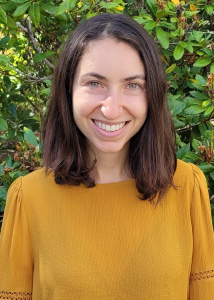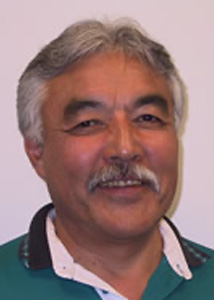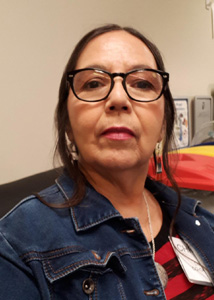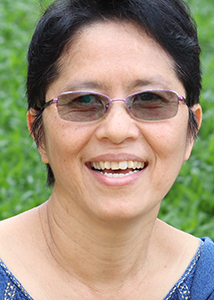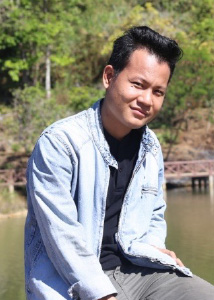






Jessica Pratezina is a PhD student in Interdisciplinary Studies (Child and Youth Care; Sociology) at the University of Victoria, British Columbia, Canada. Her doctoral research uses theories derived from religious conversion to explore the narratives of Canadian women who changed their attitudes towards abortion. Other areas of research include gender equality, father involvement, and early family formation. Along with Dr. Jessica Ball, she recently produced a podcast about how mother-father co-parents can improve gender equality in their relationship. Her work has been published in diverse journals including Relational Child and Youth Care Practice and The International Journal of Children’s Spirituality. She has over a decade of experience as a front-line social service practitioner working with vulnerable families.

